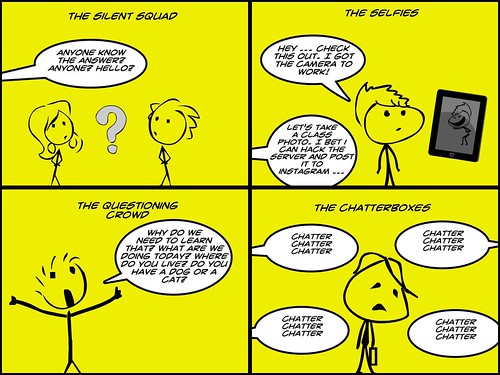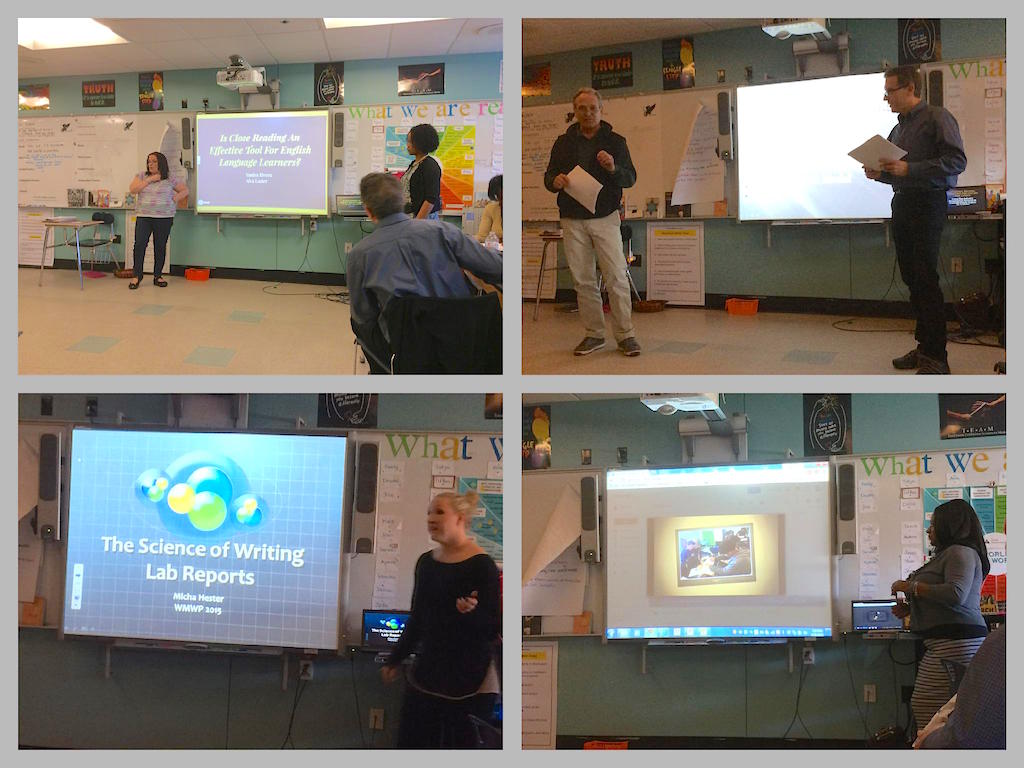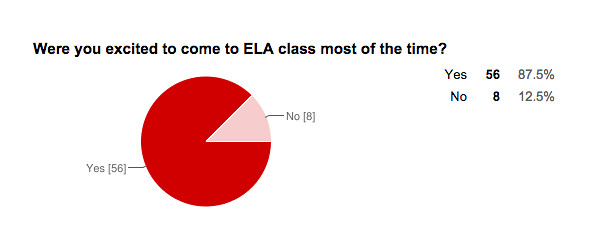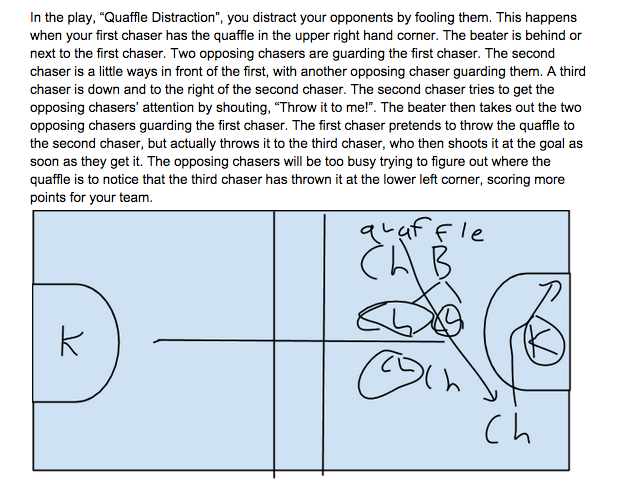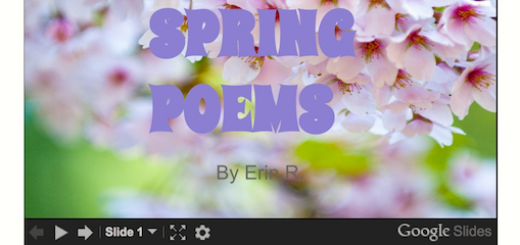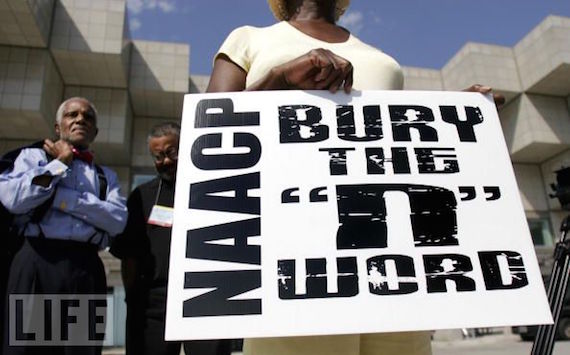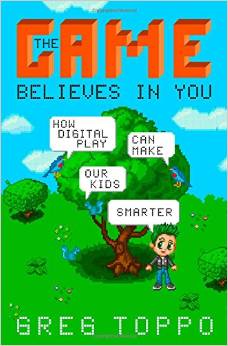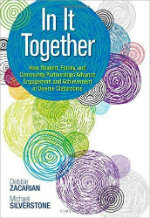
My latest column over at Middleweb is an interview with my Western Massachusetts Writing Project (and musician) colleague, Michael Silverstone, and his writing partner, Debbie Zacarian, about their new book, In It Together, that looks how to establish and build school partnerships with families and organizations in order to enrich the learning lives of all students.
Here are a few quotes that I think speak to what they are talking about:
… expending energy in the direction of collaboration leaves you with more energy than you started with. It’s kind of a paradox. I’ve come to know that isolation depletes my energy sooner or later. I’ve had supremely satisfying times in my own little classroom world, but after a while, going solo gets draining. — Michael Silverstone
Tapping into the experiences of our families greatly helps us in building these connections, and the possibilities for doing this are wonderfully endless. For example, some students might have a parent or sibling who is deployed, and others might have a family member who fled their home country. Both groups have depth of knowledge on this topic of study and can greatly help our instruction to come alive. — Debbie Zacarian
I think the Q&A format brought out some interesting insights from Michael and Debbie that is worth a read as the school year begins and we look to the community of our classroom and beyond for support and inspiration.
Check out the piece at Middleweb.
Peace (making connections),
Kevin

